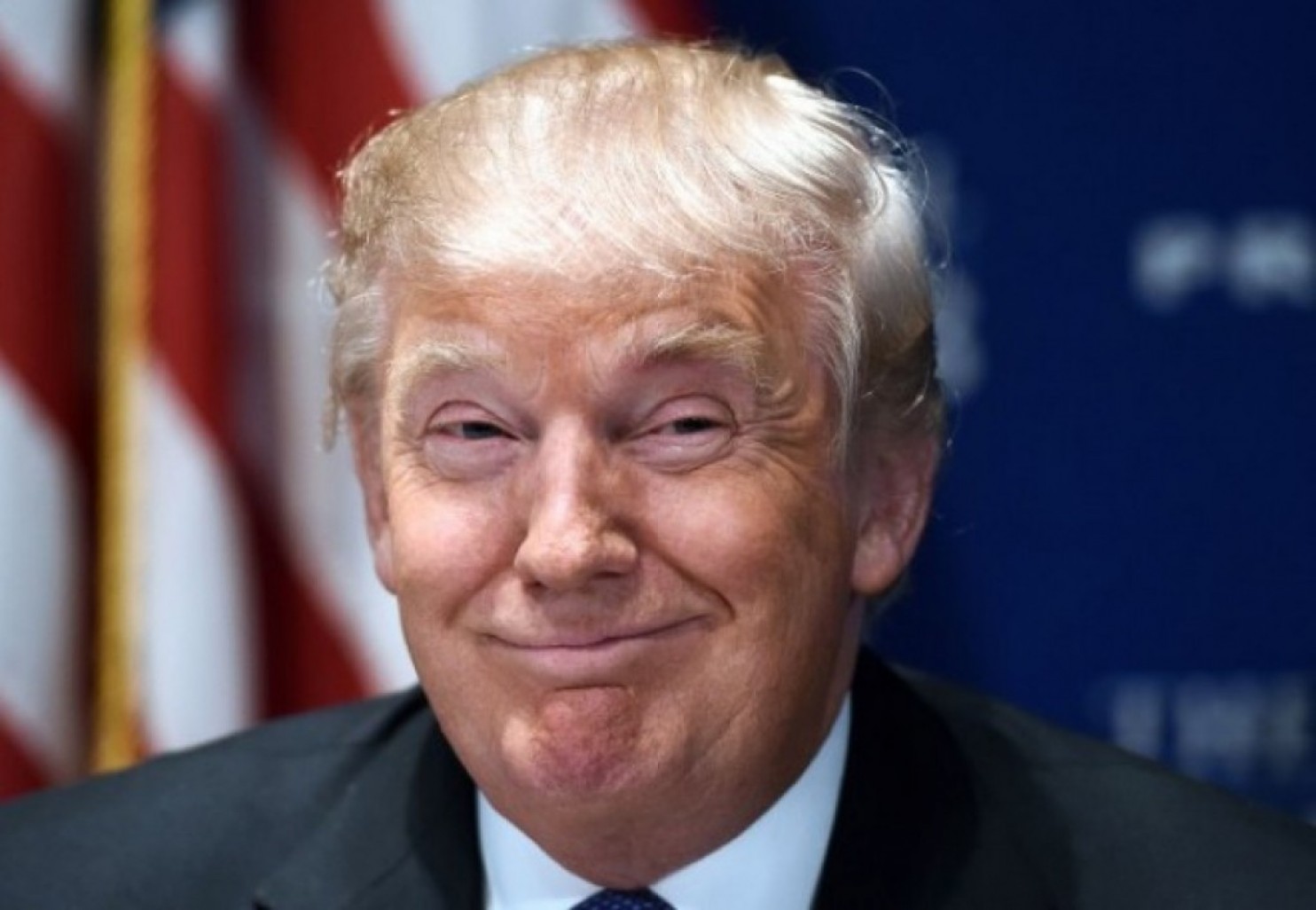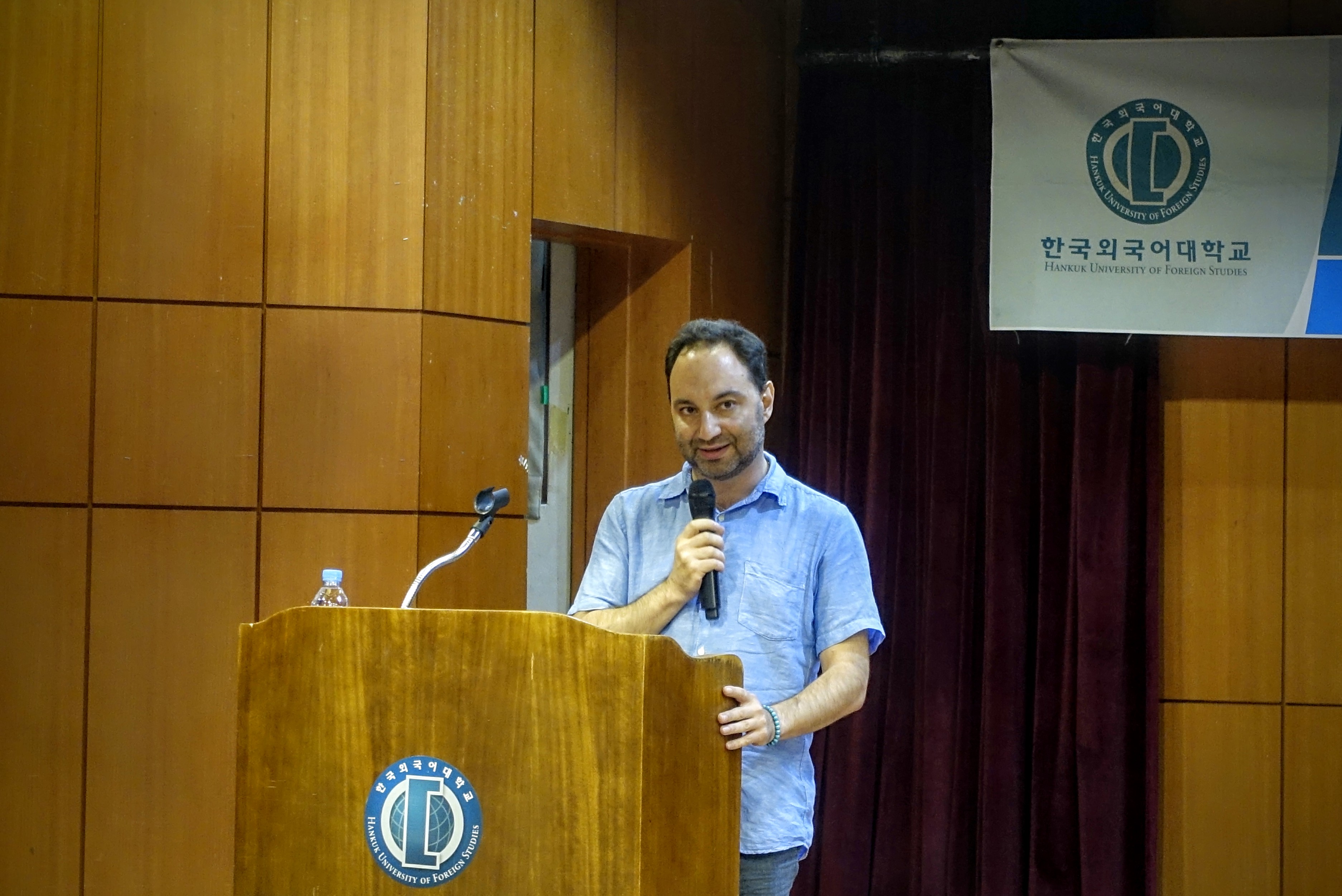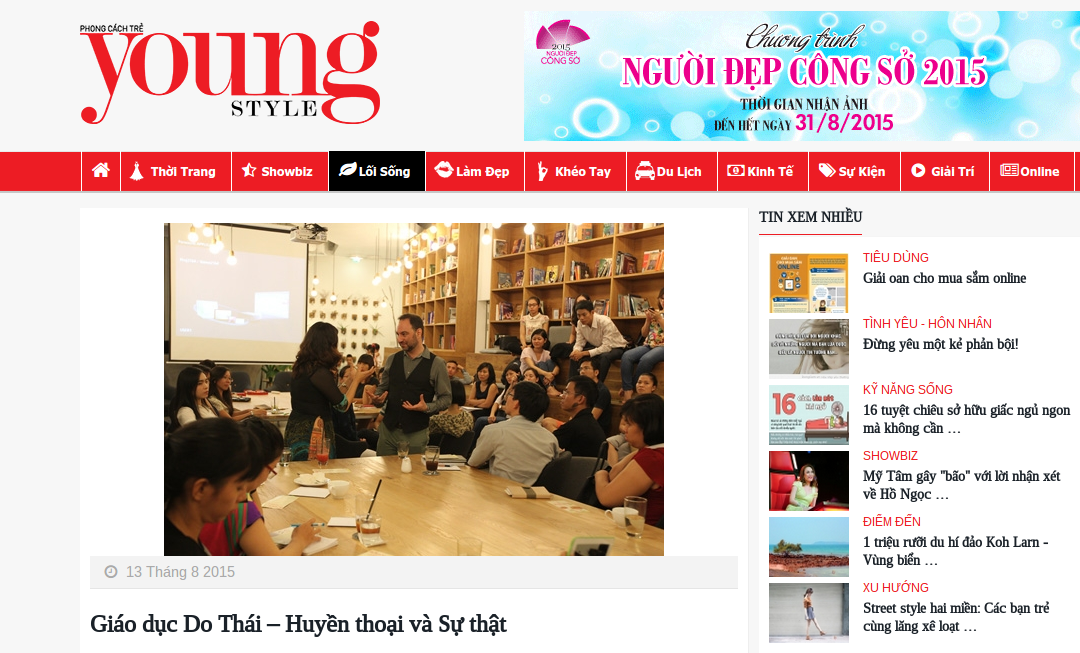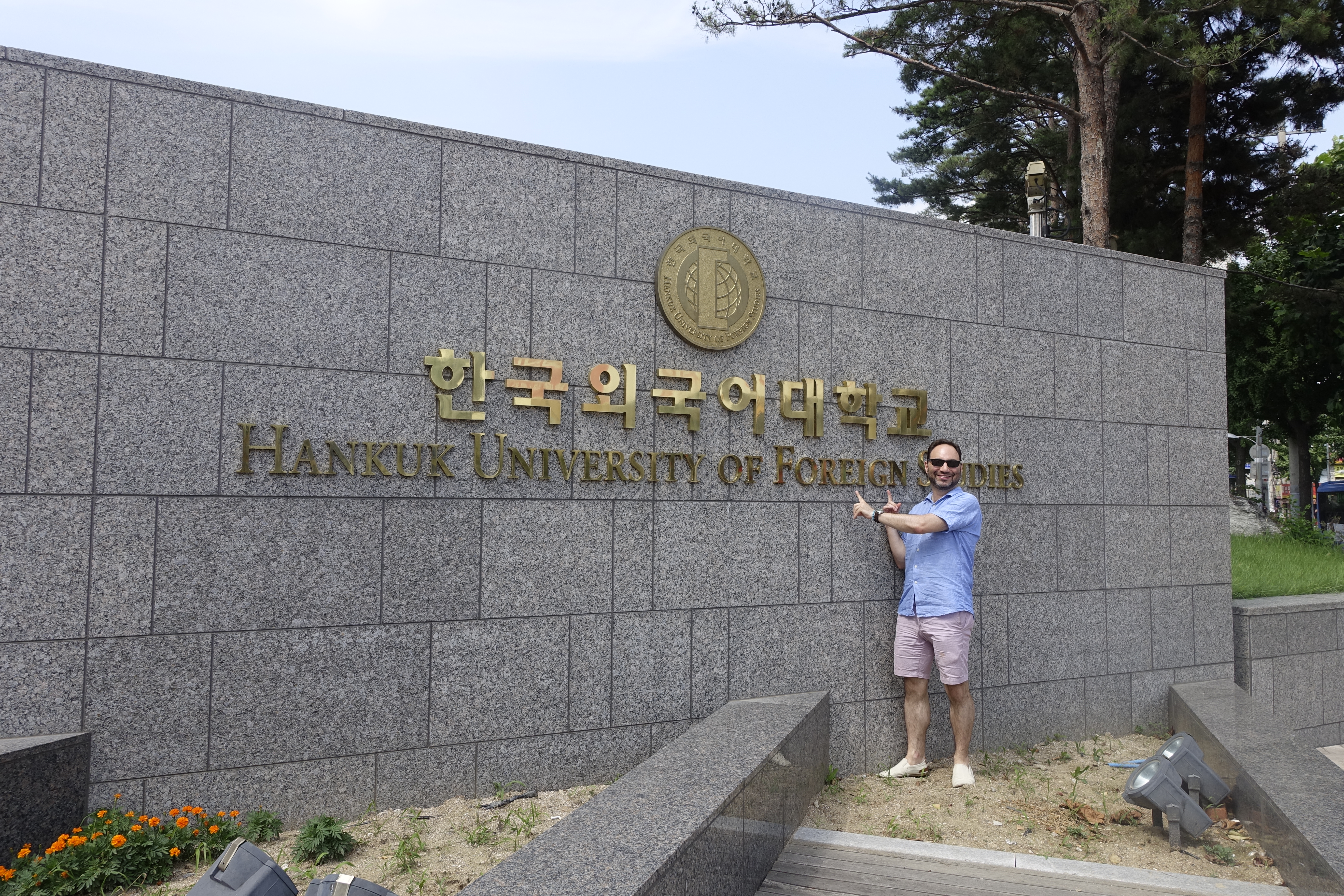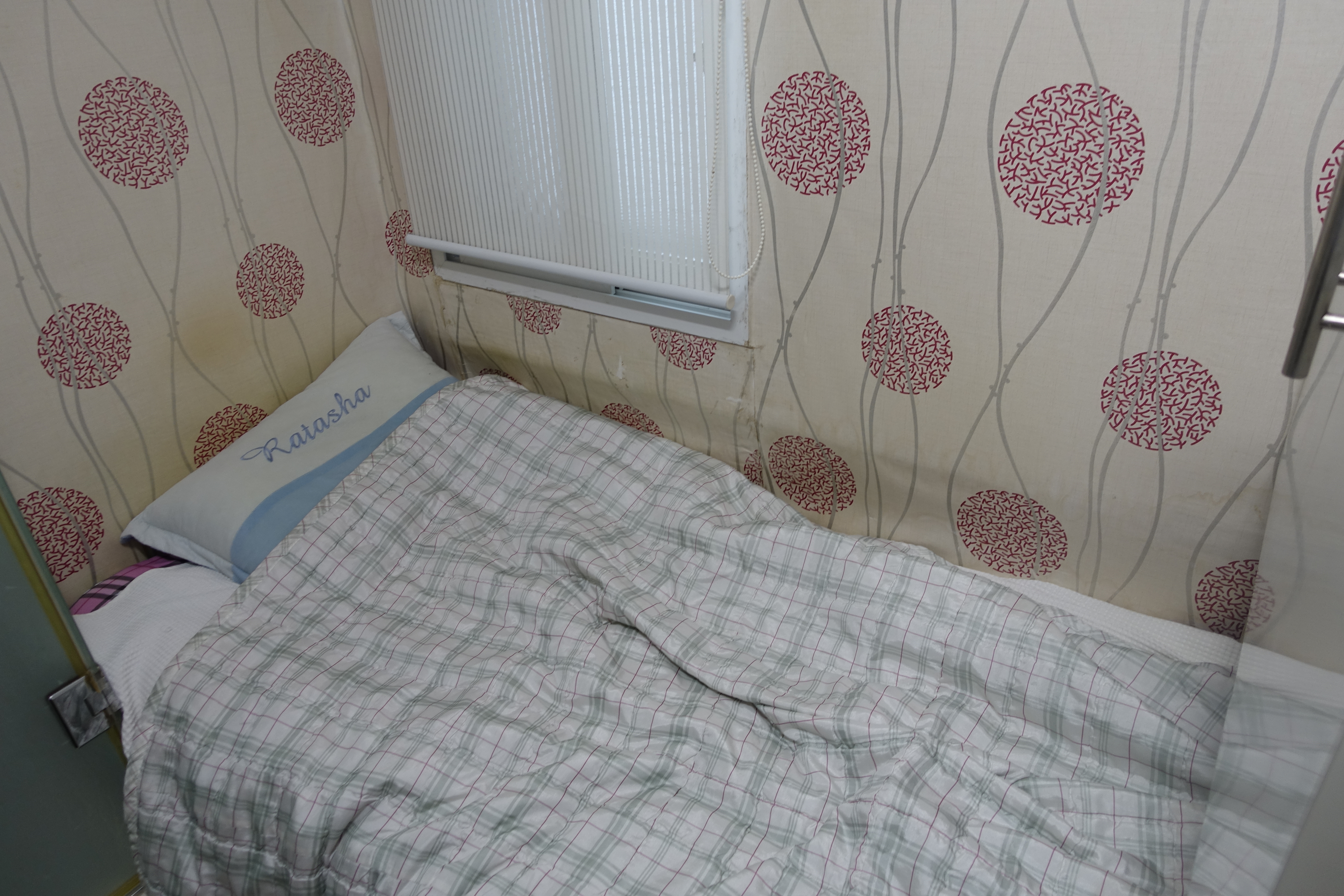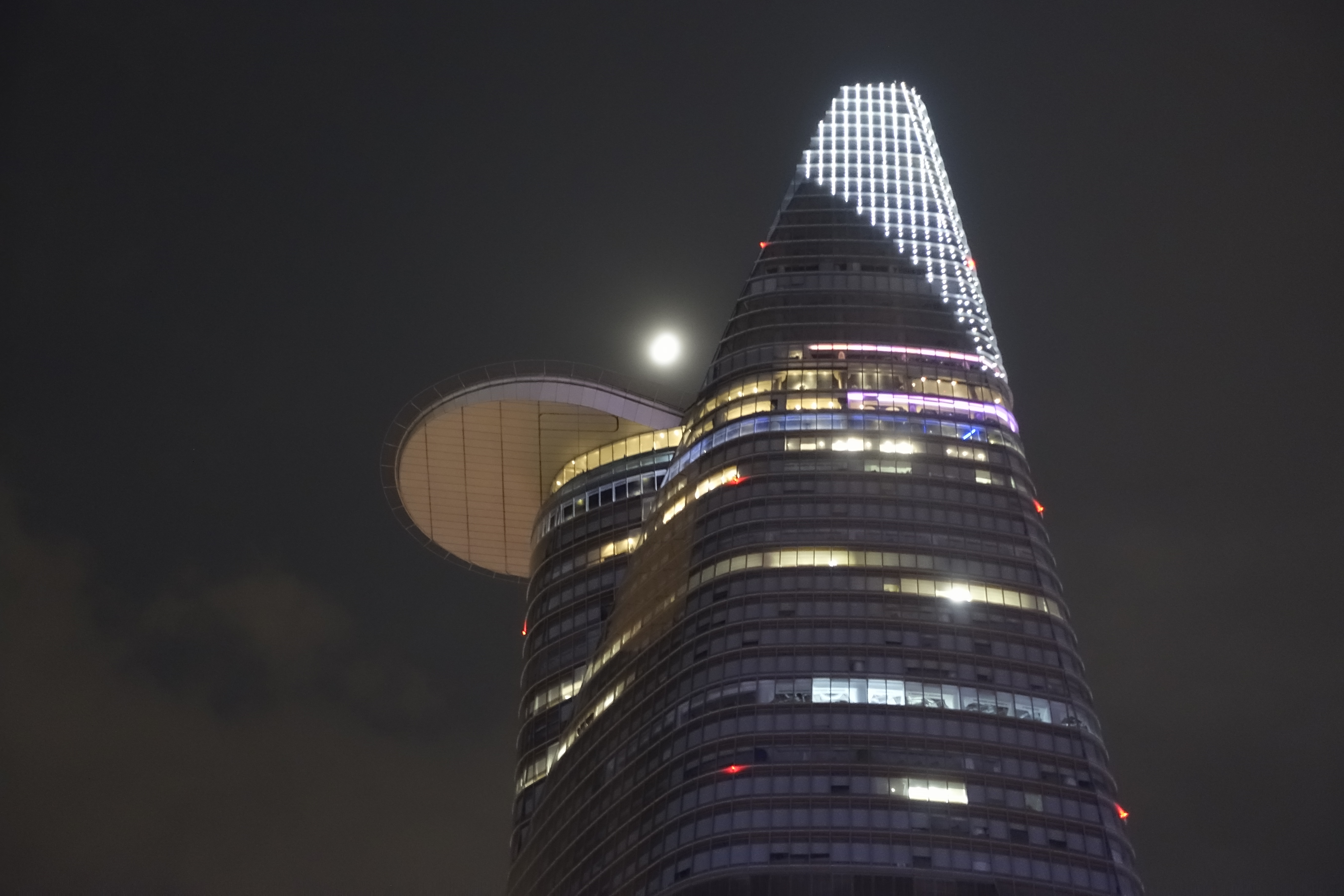With the help of education entrepreneur Catherine Yen Pham, I have now made the Vietnamese news. Two articles have come out so far — one in Young Style, another in Family Life — and I’ve been told more are on the way.
The articles are about the talk I gave in Ho Chi Minh City about Jewish traditions of education. Catherine and I spoke to an audience of about 120 people, plus press, for several hours, including an extended Q&A session. I was amazed at how interested people were, how hungry they were for new ideas about how they can best raise their children. They want to do better. Many of them were taking notes. A lot of Asians, Vietnamese included, are convinced that Jews are smart, good with money, rich, powerful, and maybe slightly magical. I wanted to share with them some good points from Jewish culture, while at the same time puncturing some of the myths.
It’s an irony for me that after years of focusing on Korea, and pretty much an adult lifetime of distancing myself from Judaism, or at least Orthodox Judaism, I am now on my way to becoming an expert on Judaism in Vietnam. Catherine and I have begun work on a book, and it would also be pretty ironic if my first book were to be in Vietnamese — and about Judaism. But life is funny that way.
Identity and geography
When I was a baby, my parents began to worry about my Jewish identity. They’d grown up in New York, where everyone they knew was Jewish, but how would I know what it meant to be Jewish as I grew up in Marin County, California? That’s what first drew them toward greater involvement with first Reform Judaism, and then the Orthodox Judaism that has become a core part of their lives.
I sort of reverse-solved the problem my parents had raised by moving right back to New York, where I could have almost no religious involvement with Judaism and still be Jewish without having to think about it. In New York, there are Jews all around me. We share a culture. No need for a whole lot of fancy stuff to get the point across.
But I have found that at the various points in my life when I’ve been away from New York, and especially in Asia, identifying as Jewish has become more important and more interesting. Before I left on my current trip to Vietnam and Korea, I got myself a Jewish star to wear around my neck, and I’ve had several occasions where the easiest way to explain who and what I am was to pull it out and show it. Jewish culture — and, yes, the Jewish religion I don’t really believe in — are a core part of who I am.
Jewish wisdom
In being asked to speak about Jewish values, I’ve had to take a close look at my own values. After all, I’m not about to begin espousing a set of ideas that I don’t agree with. I’ve looked to find where what I believe aligns with Jewish traditions, and to find ways of presenting these ideas to an audience that doesn’t know the first thing about Judaism.
It turns out — not a big surprise, really — that there’s a lot in Judaism that I agree with and am proud to be able to share: the Jewish concern with ethics and charity, the Jewish passion for questioning and curiosity, Jewish humor, the Jewish tendency to be able to hold multiple opinions at once. And despite my frustrations with it along the way, it looks like all those years of Jewish education actually taught me something useful.
Maybe this isn’t quite what my parents were after, but the son they raises is certainly aware of his Jewish identity.

